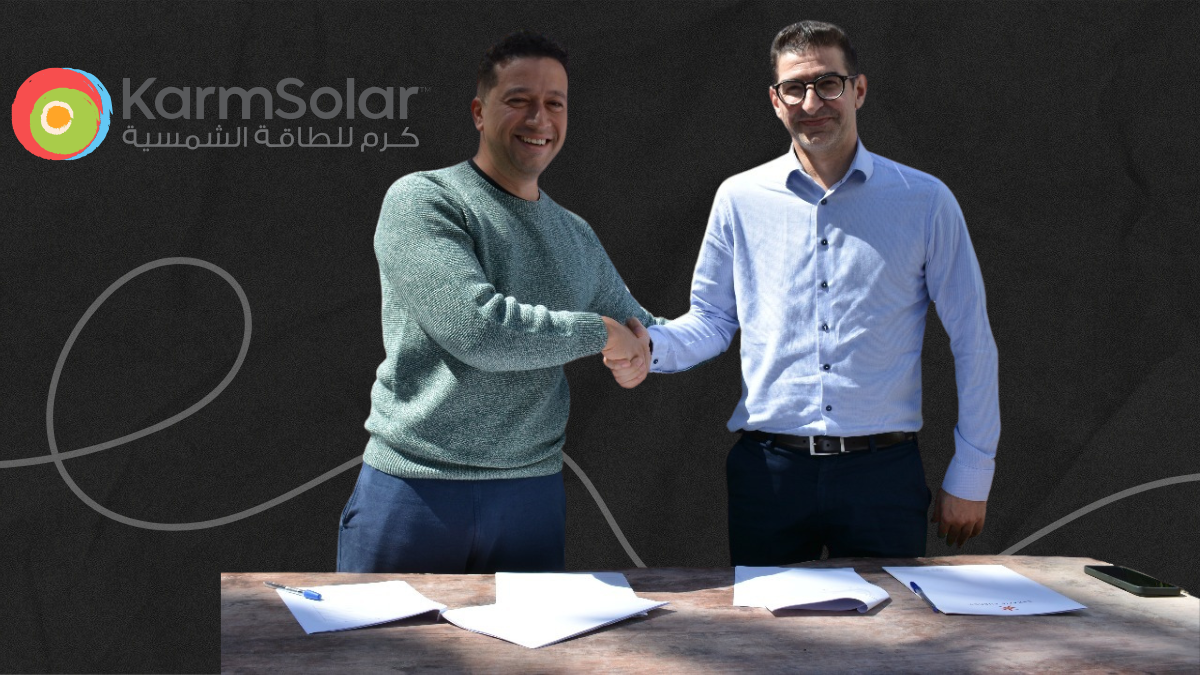Karm Ventures Into European Market with Cyprus Solar Power Expansion

3 min
Karm has launched KarmCyprus, planning a 7,6-megawatt solar power plant in southern Cyprus.
The project secured €15 million from Eurobank, Karm, and various backers for development.
Karm aims to replicate its vertically integrated model in Cyprus, focusing on renewable energy.
With EU targets for renewable energy, KarmCyprus promises consumer access to cheaper, clean energy.
This venture highlights Cyprus as a strategic link between North Africa and Europe for energy.
Karm, one of Egypt’s best-known solar energy innovators, has taken its first big step beyond home turf, setting up shop in Cyprus with a brand-new venture called KarmCyprus. The company has been granted approval to build and operate a 7.6‑megawatt solar power plant in Monagroulli, down in southern Cyprus, which is expected to be up and running by September 2026. That’s a fair timeline, but when you consider the scale of the thing—and the fact that Cyprus enjoys some of the brightest sunshine in Europe—it makes a good deal of sense.
KarmCyprus has already locked in €5 million in project financing from Eurobank to push forward construction, while Karm itself has poured €2 million into launching the new entity. To top that off, a further €8 million has come in from both Egyptian and international backers. It’s quite a war chest for a project of this size and a solid signal of trust in what Karm is trying to achieve here.
I’ve seen similar expansions before, and truth be told, they can be a bit of a faff for companies used to operating in a single, familiar market. But I reckon this one’s got legs. Karm isn’t just building panels; it’s transplanting its whole vertically integrated model of generation, distribution, storage, and even electric mobility into a new market. If it manages to pull that off, it could be a spot‑on example of how regional clean‑tech firms grow beyond borders.
According to Karm’s CEO Ahmed Zahran, the team has been eyeing Cyprus for about three years, watching carefully as the island begins to liberalise its electricity market. “We see Cyprus as a natural next step,” he was quoted saying, outlining plans to tap into local engineering and maintenance partners to keep things smooth on the ground. The company also plans to move into power supply, land acquisitions for central solar plants and energy storage, and even a toe‑dip into electric vehicles.
Yiannis Karis, heading up KarmCyprus, described the venture as bringing a “proven model of decentralised, private‑sector innovation” to Cyprus—a market long captive to fossil fuels and high energy prices. With the EU pushing for 42.5% renewable generation by 2030, the timing really couldn’t be better. Karis pointed out that this could give Cypriot consumers access to more competitively priced clean energy, while nudging the island towards greater independence and reliability. Sounds promising, doesn’t it?
There’s also a bigger story unfolding in the background. Cyprus and Egypt have been tightening their energy ties—talks of interconnectors and gas collaborations show that both governments are on the same page. From where I’m standing (and at Arageek we often see this in early‑stage ecosystems), Cyprus’s location in the Mediterranean makes it a natural bridge between North Africa and Europe. So, for Karm, expanding there isn’t just a business move—it’s a statement of intent to become a genuine regional player.
Of course, there’ll be hurdles. Anyone who’s tried to scale across borders knows the paperwork alone can drive you up the wall. But if Karm manages to get this right, it could become a textbook case for MENA‑born clean‑tech firms going global. And frankly, that’s something to be chuffed to bits about—even if, well… it’s still early days.
🚀 Got exciting news to share?
If you're a startup founder, VC, or PR agency with big updates—funding rounds, product launches 📢, or company milestones 🎉 — AraGeek English wants to hear from you!
✉️ Send Us Your Story 👇
 AI
AI Saudi Arabia
Saudi Arabia UAE
UAE Egypt
Egypt








